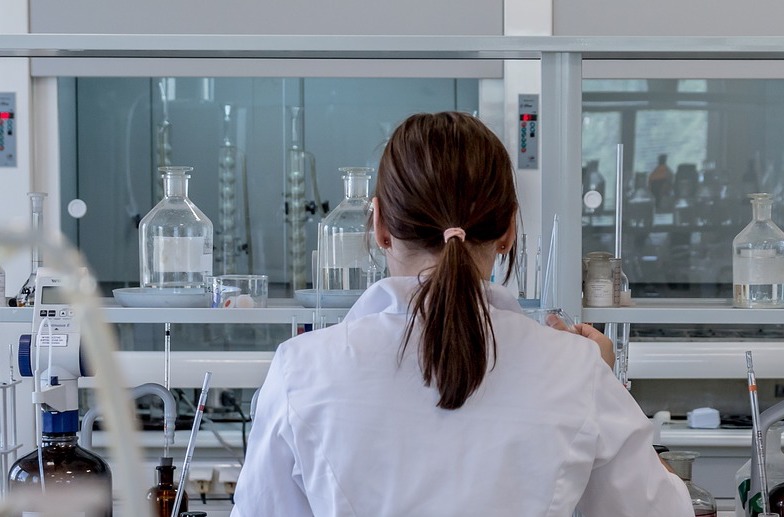Newly uncovered air quality samplings by the State of Massachusetts showed elevated levels of carcinogens and other pollutants at Enbridge’s proposed natural gas compressor station in a densely populated site near Boston.
The data, revealed in written testimony this week by a Department of Environmental Protection (DEP) official responding to an appeal over the Weymouth station’s air permit, joins other samplings showing toxics in the area, which DeSmog exclusively reported last month.
The samples were not disclosed in the project’s health impacts assessment (HIA), which Massachusetts Governor Charlie Baker ordered following a public outcry over the risks posed by the facility that will keep gas pumping through pipelines and is situated near residential streets and environmental justice communities.
“The fact that they would just ignore these samples is extremely troubling,” said Andee Krasner from the group Mothers Out Front, which is fighting the gas compressor project. “It’s a clear threat to the health of children and families in the Fore River Basin.”
The New Samples
In their air permit appeal, several opponents of the project cited DeSmog’s reporting in April on publicly undisclosed air sampling canisters the DEP sent last summer to the Rhode Island Department of Health’s (RIDOH) state lab as part of the HIA.
In those samples, RIDOH discovered elevated levels of several carcinogens and other toxic chemicals, including 1,3-butadiene and acrolein. Establishing the existing pollution levels at the proposed compressor station site is important for understanding the health and environmental impacts of potentially increasing pollution levels for the surrounding community once the facility is built and operating.
Yet while the RIDOH lab emailed the results back to the DEP in late December last year, the DEP did not include them in the HIA report it published in early January.
That report helped greenlight the issuance of the air permit.
In his rebuttal statement, Glenn Keith, DEP’s director of the air and climate program, revealed that other than the four samples sent to RIDOH in August and September last year, DEP sent the lab five more samples between October and November.
All these other samples, just as the earlier ones DeSmog reported, showed elevated levels of 1,3-butadiene, a known carcinogen, and acrolein, a highly toxic compound and suspected carcinogen. The current levels for these two chemicals exceeded the state’s allowable limits.
All samplings also showed elevated levels of the carcinogen benzene, consistent with the HIA findings for benzene in the area.
Why Were the Data Left Out?
Keith said in his testimony that a lower level DEP staffer emailed the results to her superiors late, and that he received the results only on January 4, the day the HIA was published.
Yet DeSmog has found that nearly all the nine samples DEP sent to the Rhode Island lab between August and November were analyzed by the lab within two weeks of arrival. This suggests DEP could have reached out earlier to RIDOH, during the assessment, to obtain the results.
An RIDOH spokesperson confirmed that had the DEP requested so, the lab would have provided the results before sending them out at the end of each reporting quarter.
The DEP did not immediately provide comment.
“It’s all very problematic,” said Krasner of Mothers Out Front, “particularly since the DEP did not inform the MAPC [the Metropolitan Area Planning Council, contracted by the state to coordinate the HIA] of these other samples. And regardless of the question exactly when DEP received the results, it had an obligation to share the information with the community.”
“We are very much concerned about the long-term health of the Fore River Basin families,” she added, “as well as all families in the state since if this station is built Massachusetts will not be able to meet its greenhouse gas reduction goals.”
Concerns Over Revolving Doors
Meanwhile, activists are still reeling over news that the state’s Secretary of Energy and Environmental Affairs, whose DEP approved the air permit, has taken a job with Enbridge’s contractor in the project.
Matthew Beaton left Baker’s administration last week to join TRC Companies as a senior vice president.
In a letter to the Massachusetts Ethics Commission, the group Fore River Residents Against the Compressor Station (FRRACS), demanded ethics documents and disclosures relating to Beaton’s abrupt transition.
Main image: Laboratory analysis. Credit: Crop of image by jarmoluk/Pixabay
Subscribe to our newsletter
Stay up to date with DeSmog news and alerts






